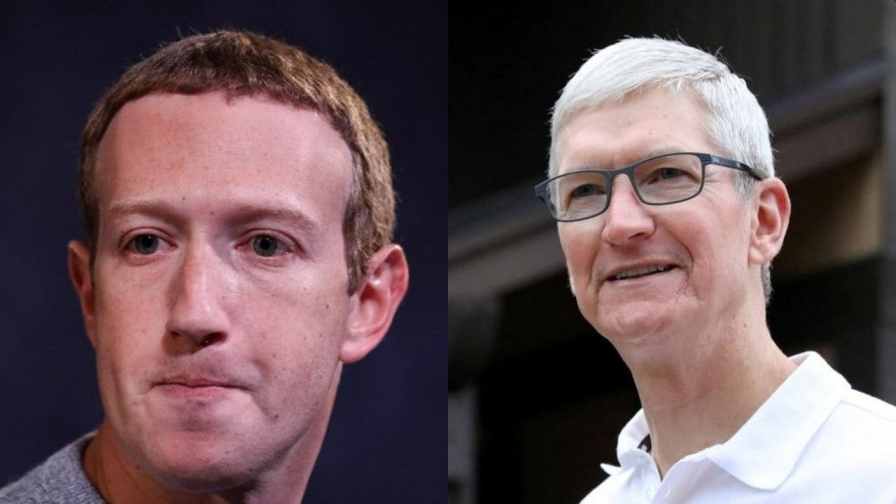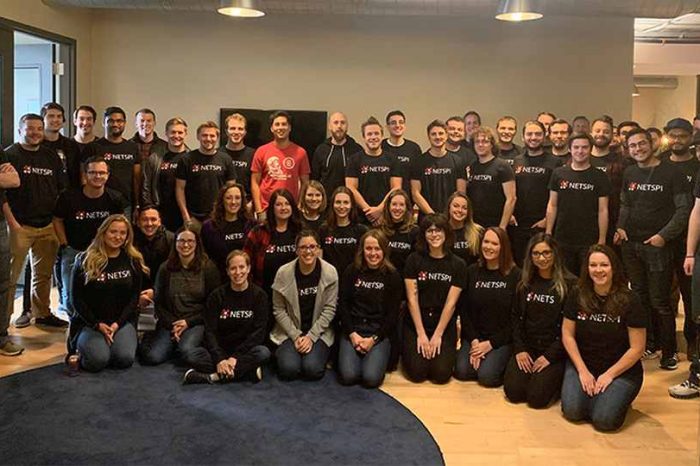Apple CEO Tim Cook hates the metaverse, but here’s the new technology he thinks is the future

Metaverse dominated the headlines late last year to early this year until it fizzled out in the middle of this year. The popularity of the Metaverse took the internet by storm when Facebook changed its corporate name from Facebook to Meta to reflect its focus on the metaverse, a term originally coined by Neal Stephenson in the dystopian novel “Snow Crash” three decades ago.
Although still in a nascent stage, the metaverse can be described as a digital world where the real and virtual worlds converge into a vision of science fiction. You can also think of the metaverse as a virtual world where millions of people could gather to work, play, and socialize in immersive virtual environments and communicate across shared spaces across different platforms.
Metaverse is the immersive virtual world you can experience through your computer or virtual reality headset. You might think of it as glorified gaming in which your avatar interacts with other avatars, fighting battles in games pioneered by Call of Duty, constructing buildings and landscapes a la Minecraft, or doing both in the classic Fortnite.
Since Facebook rebranded to Meta, the company has lost over $500 billion of its valuation. But that has not stopped investors and companies from making major bets on the metaverse, except for one company–Apple.
Unlike Zuckerberg, Apple CEO Tim Cook isn’t as quick to embrace the metaverse virtual worlds. Instead, Cook believes that augmented reality (AR) is where the future really lies. In a recent interview with Dutch publication Bright on Friday, Apple CEO said:
“I always think it’s important that people understand what something is. And I’m really not sure the average person can tell you what the metaverse is.”
Cook went on to say that AR “will go much, much further” than its uses today. According to a report from Bloomberg, the iPhone giant is reportedly developing an AR/VR headset that could launch in 2023.
“I think AR is a profound technology that will affect everything,” Cook says. “Imagine suddenly being able to teach with AR and demonstrate things that way. Or medically, and so on. Like I said, we are really going to look back and think about how we once lived without AR.”
But Zuckerberg thinks differently. Meta is forging ahead with the company’s metaverse ambition. Last year alone, Meta poured $10 billion into his virtual-reality vision while the company’s stock continue to crater. In February of this year, Meta plunged by 20%, and $220 billion was wiped off its market value.
The drop in market capitalization has also done little to slow than Meta. Instead, the company is doubling down with plans to hire 10,000 people in the European Union to build a “metaverse.” Zuckerberg also added that metaverse is a major investment for the company and plays a vital role for the company going forward.
Cook may be right. But the metaverse has the potential to transform our ways of life. Some of the best metaverse applications are in areas such as education, gaming, medicine, finance, and immersive learning. As the metaverse evolves, we also see how creators and writers are using technology to share their creations and artwork.

